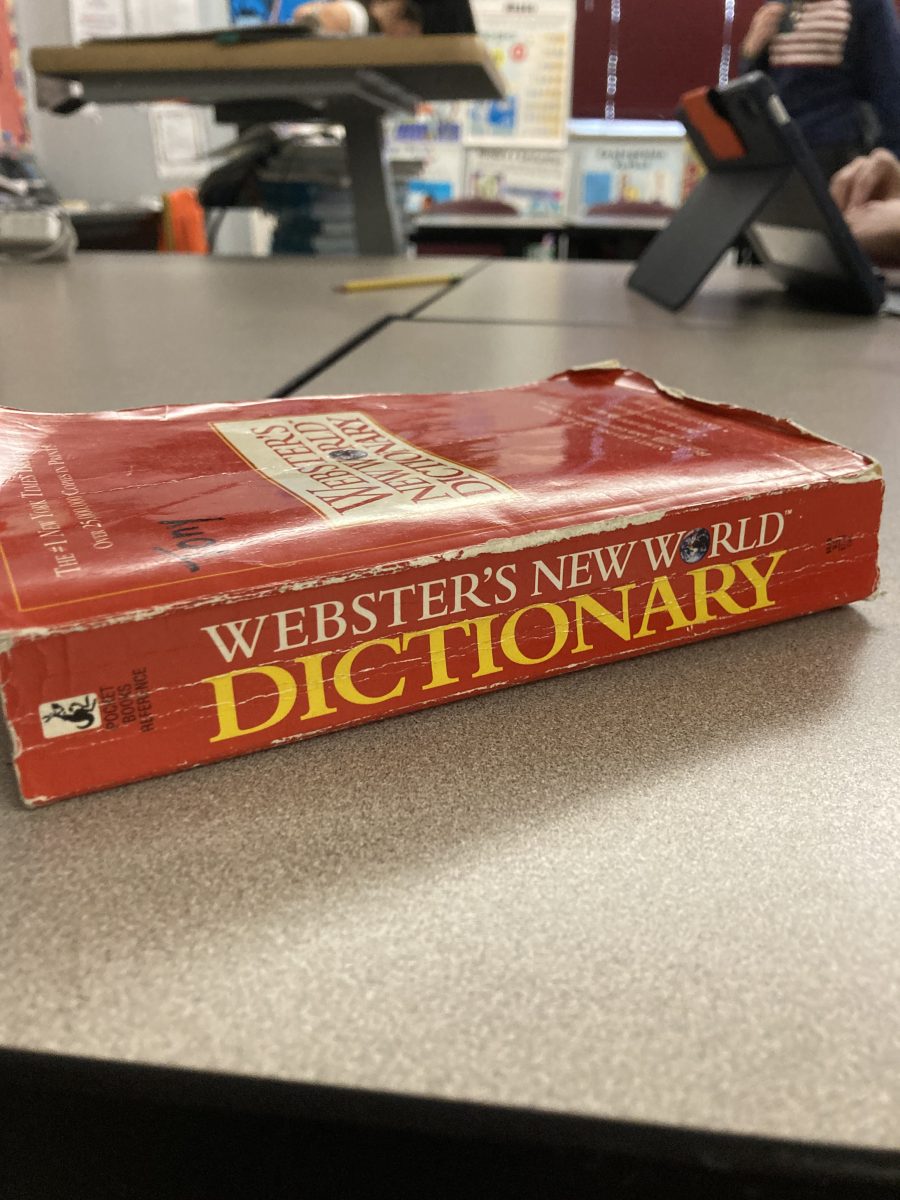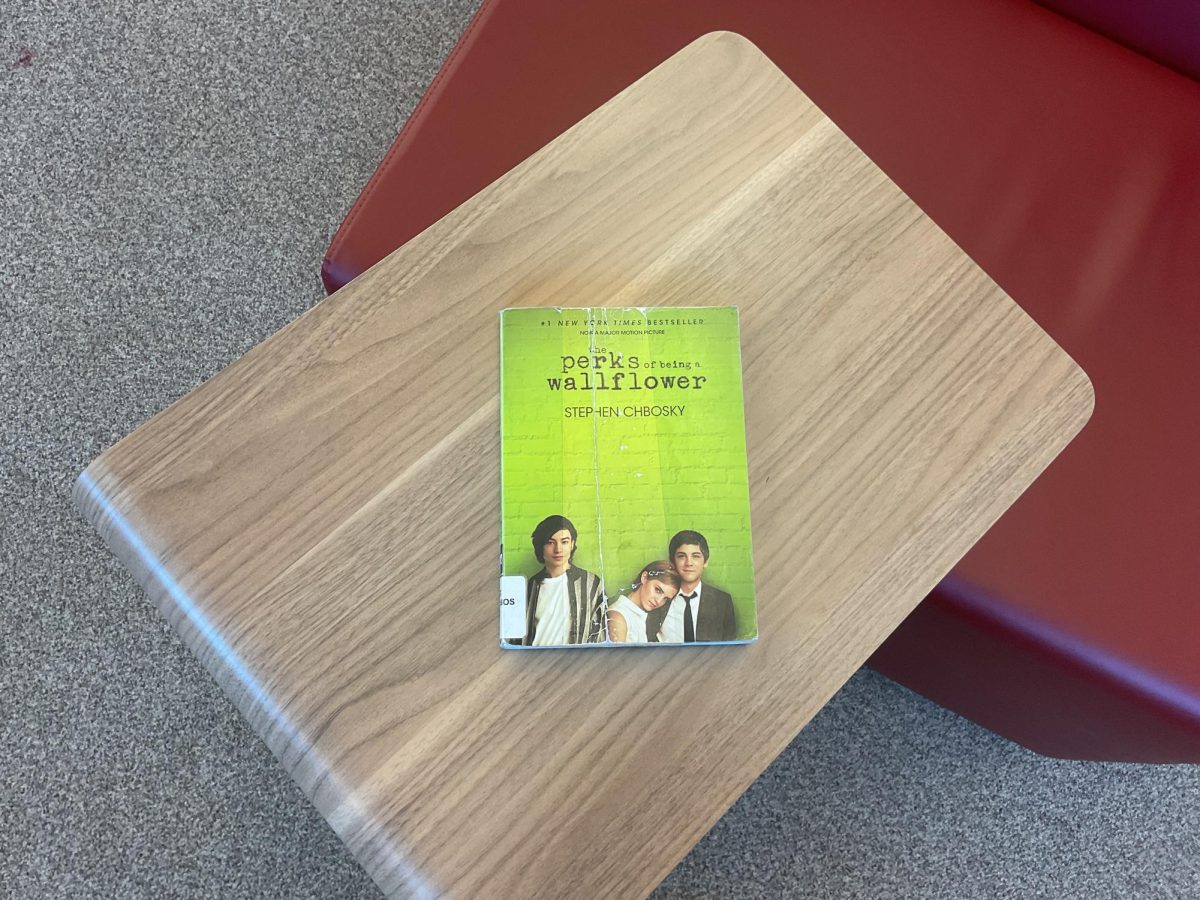The familiar feeling of beginning a new chapter of life, the commonality of losing someone you love, the voice of a relatable young adult: the 1999 novel, The Perks of Being a Wallflower. This text has long been hailed as a modern classic, and not without reason. Author Stephen Chbosky artfully entwines themes of young adulthood and grief; unique journalistic prose and a progression of age-appropriate writing; creative characters and comparable events. In its essence, this book is what it means to grow up.
In main character Charlie’s first diary entry, it becomes clear he does not know his way around a comma nor when to end a sentence. His writing is immature. However, as the text progresses, it is evident that this is a conscious choice made by Chbosky. To be deceived by the mundaneness of the first few entries is to do yourself— as the reader— a disservice. It directly aligns with his age, a theme which is utterly prevalent in this Bildungsroman.
While the entries’ grammar and punctuation develop alongside Charlie’s high school education, so do the accompanying themes of adolescence. This novel is bold. It critiques the popular, it questions the normal. It is one of the first novels that has discussed events such as suicide, trauma, and assault in an utterly organic way. It covers the aforementioned phenomena as we observe them. Unflinchingly, for they are our society at its rawest.
Chbosky is able to fabricate an intricate tapestry illustrating our reality, though it would not be possible without the intricacies of the woven thread, the characters. Every character in the novel is authentic; the manuscript is truly unique in this fact, as every name on the page corresponds to a face readily available in reality. This can be exemplified through Sam, a girl ostracized for her promiscuity; or in Patrick, an outsider on the basis of his sexuality. Two archetypes common in reality. It is a way to better study the people found in society and to better reflect on where oneself fits into the character structures.
‘The Perks of Being a Wallflower’ was the first time I felt seen— in literature or otherwise. It was the first time there was a genuine discussion of what it meant to go through young adulthood; it was the first time I was able to contest the things around me without feeling as if something was awry within me. Though it has become readily apparent that this is a feeling not often permitted in society.
Due to its depictions of sexual assault, LGBTQ+ content, drug use, and profanity, this novel has often been included on the lengthy list of books up for banning. Meeting a similar fate to ‘The Catcher in the Rye’: it becomes quite transparent; a phony society hates nothing more than being called phony.
To ban this book is to ban the voice of the youth. The Perks of Being a Wallflower is deemed inappropriate for teens, while arguably every young adult may find something of sustenance within the pages. For this novel is not a blasphemous text; it is the way of the people. To ban this book is to ban the teenage experience, encompassed.


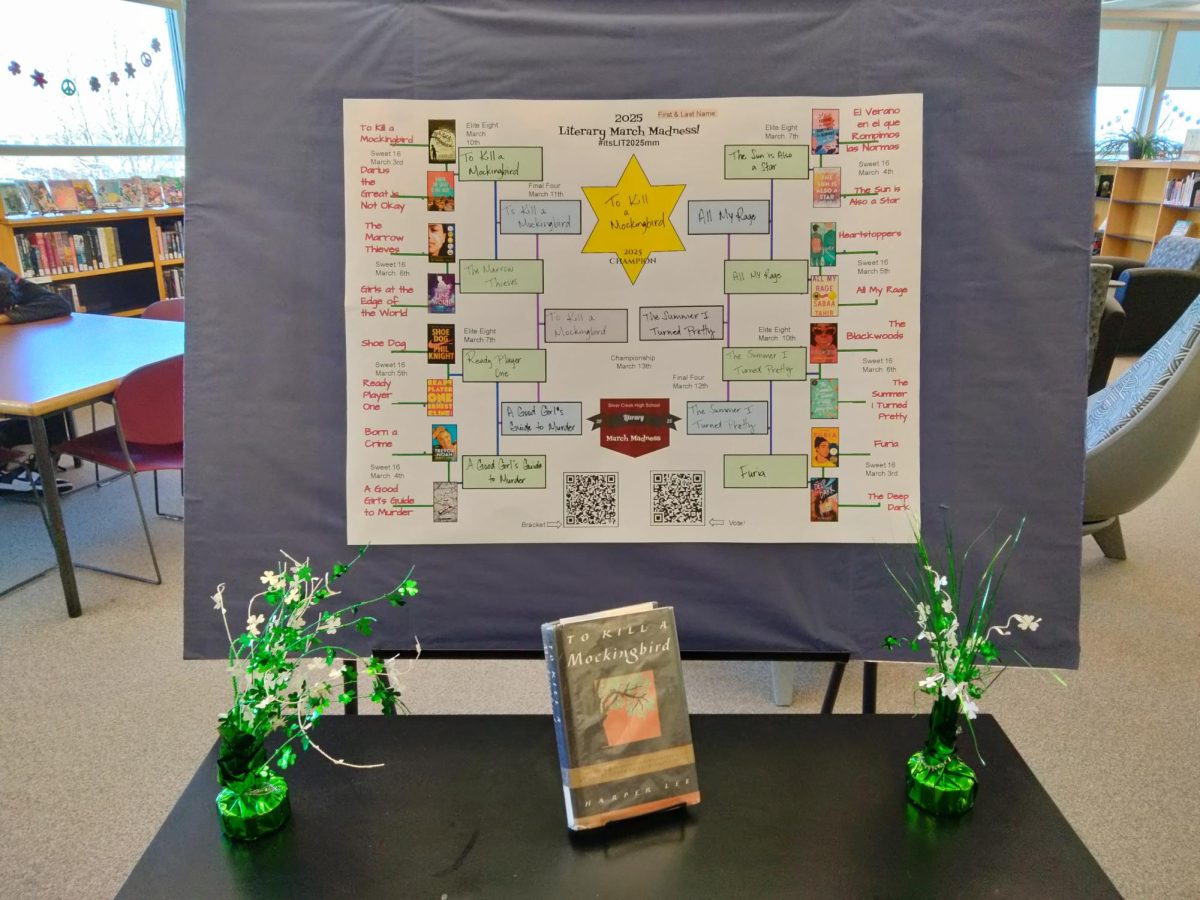




















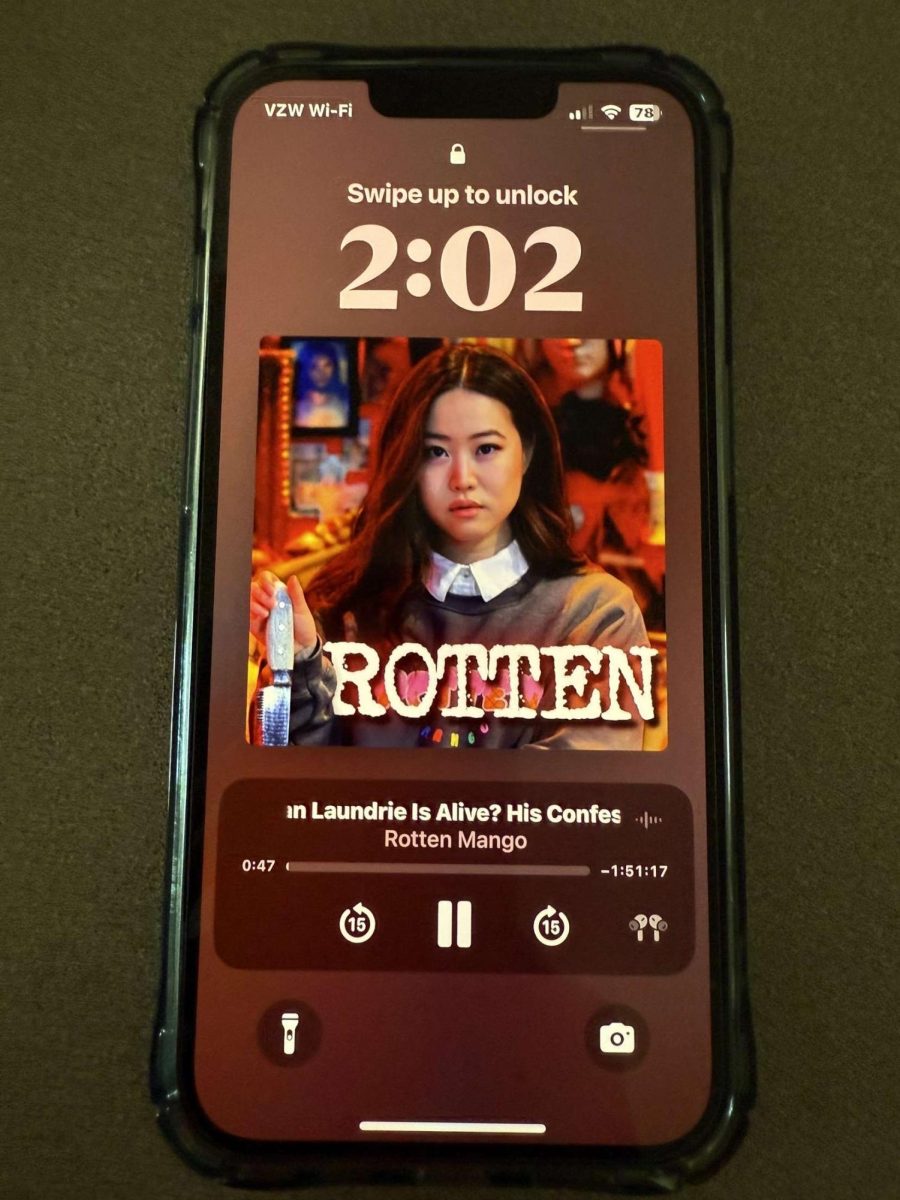





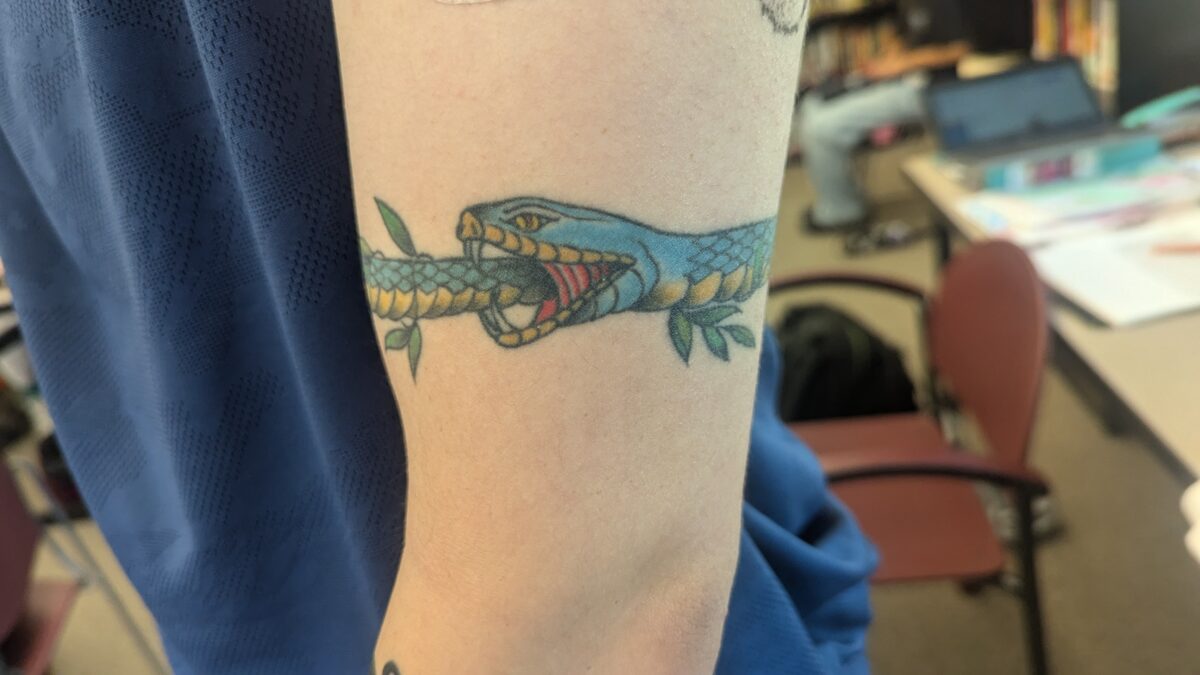













![Hosting the SCLA Casptone Mentor Dinner outside allowed for more attendees on September 27, 2021 at Silver Creek. This event would’ve usually been held inside. According to Lauren Kohn, a SCLA 12 teacher, “If we have a higher number of people, as long as we can host the event outside, then that seems to be keeping every[one] safe”.](https://schsnews.org/wp-content/uploads/2021/11/sxMAIGbSYGodZkqmrvTi5YWcJ1ssWA08ApkeMLpp-900x675.jpeg)





